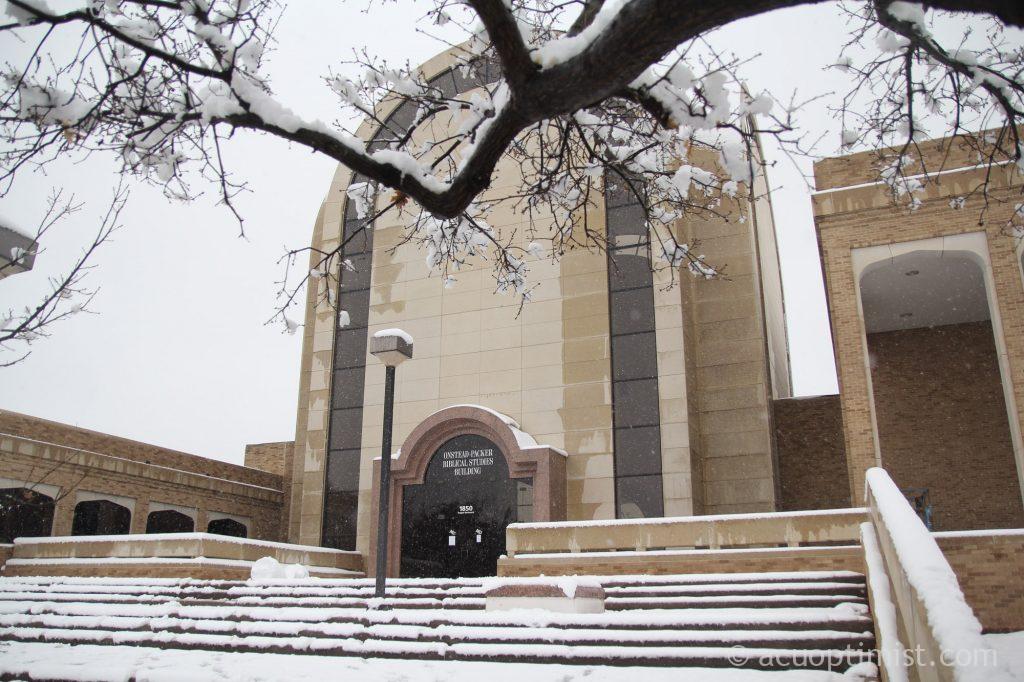Abstracts for the Undergraduate Research Festival are due Friday, and registration dates will be released later this semester. The URF will take place virtually on March 30 rather than spanning over a week.
Any undergraduate student can participate in this festival. Some high school students and college students from different universities can participate. Joshua Brokaw, faculty director of undergraduate research, said preparations for this year’s festival since last year’s were online as well.
“We have had more time to prepare this year,” said Brokaw. “We will be using a system that will allow live presentations and a 2-minute video associated with the posters.”
Students with posters and the two-minute video will be able to receive live feedback from judges; however, their poster and video presentations will not be live. This year’s event will include a special topic symposium of student presentations about the medical and social science of COVID-19. Students can use this research festival for future conferences and building their careers.
“Undergraduate students will gain experience doing something that they might end up doing later in their career,” said Brokaw. “They also may be using this conference for practice for other conferences later in the year. This is a real experience and will go on students CV forever.”
Each student typically will have a mentor to help them with their research. Mentors are not required, however they are highly encouraged.
“My mentor was the best part of the experience,” said Hannah Garza, a senior double major in youth and family ministries and Bible language from Houston. “My mentor equipped me with hard skills on how to present research and how to make my research notable.”
Undergraduate students who get a chance to present their research will be presenting live to judges and will be protected. Viewers must have appropriate email addresses in order to view to protect students’ research that may not be able to be released to the public. Students can use this opportunity as practice and learn how to find and present research.
“It is one thing to write a paper and do the research,” said Garza. “However, it is another thing to learn how to present that in a way that translates to other people outside of my study and field.”
The URF is looking into small selected in-person oral presentations, but participants will need to go through the same approval process as every student organization.

